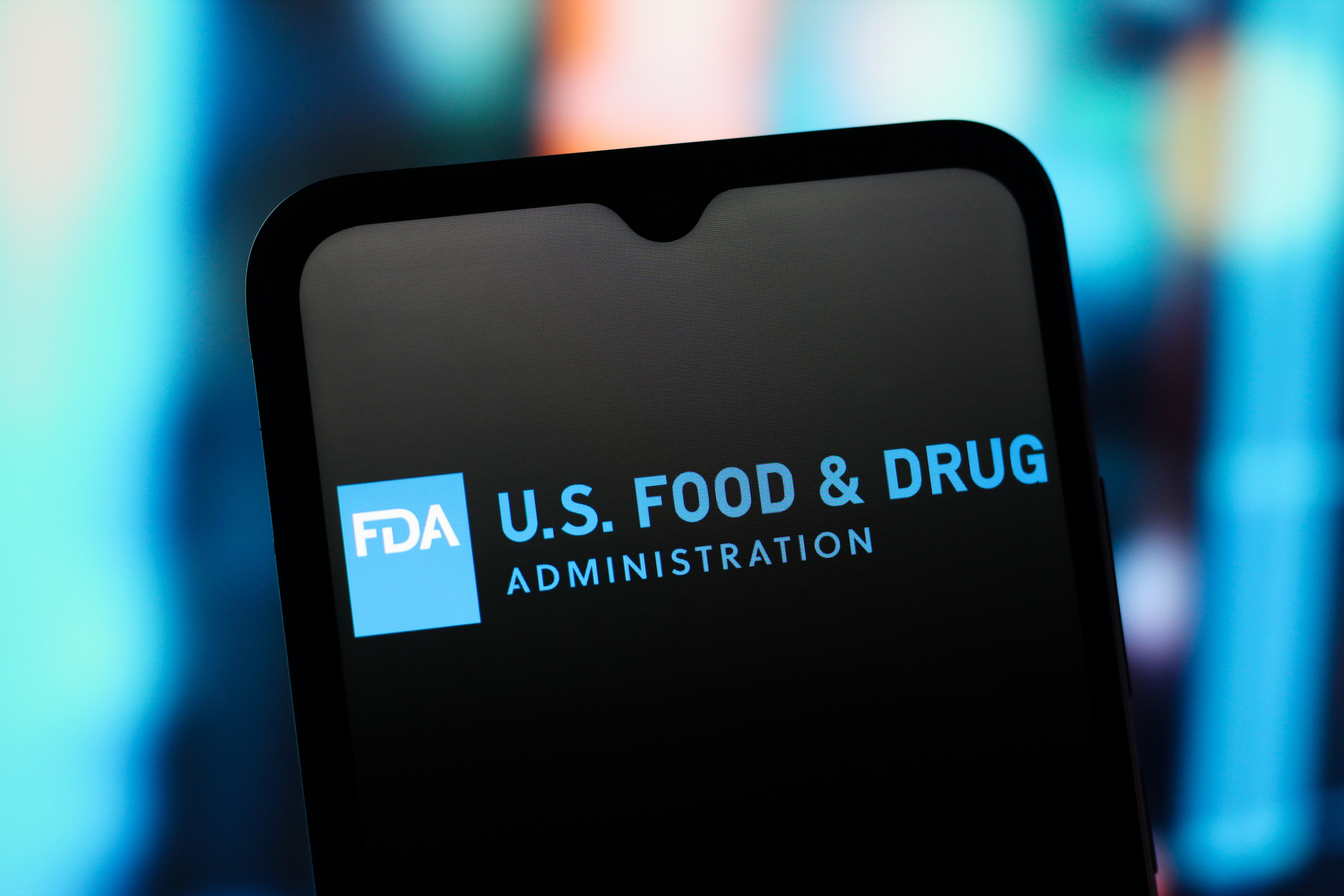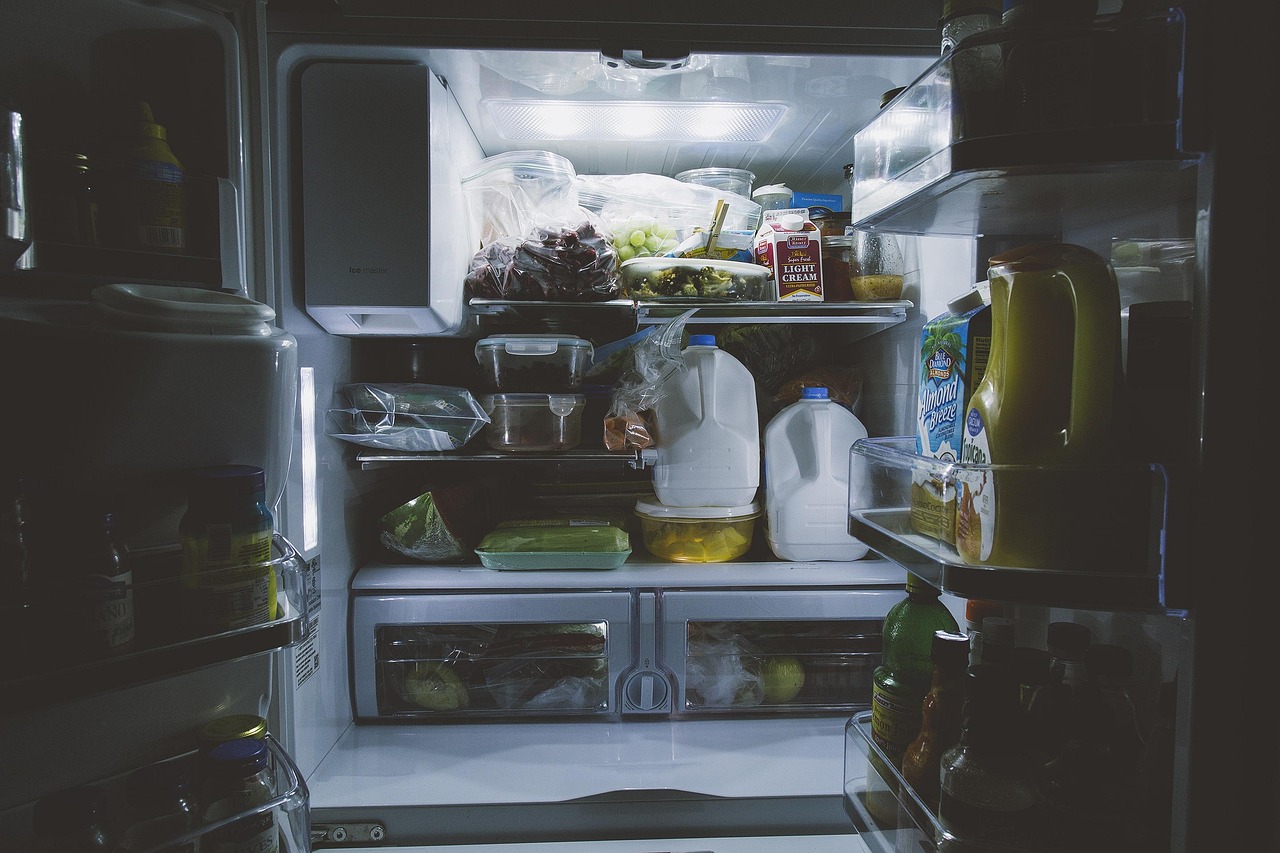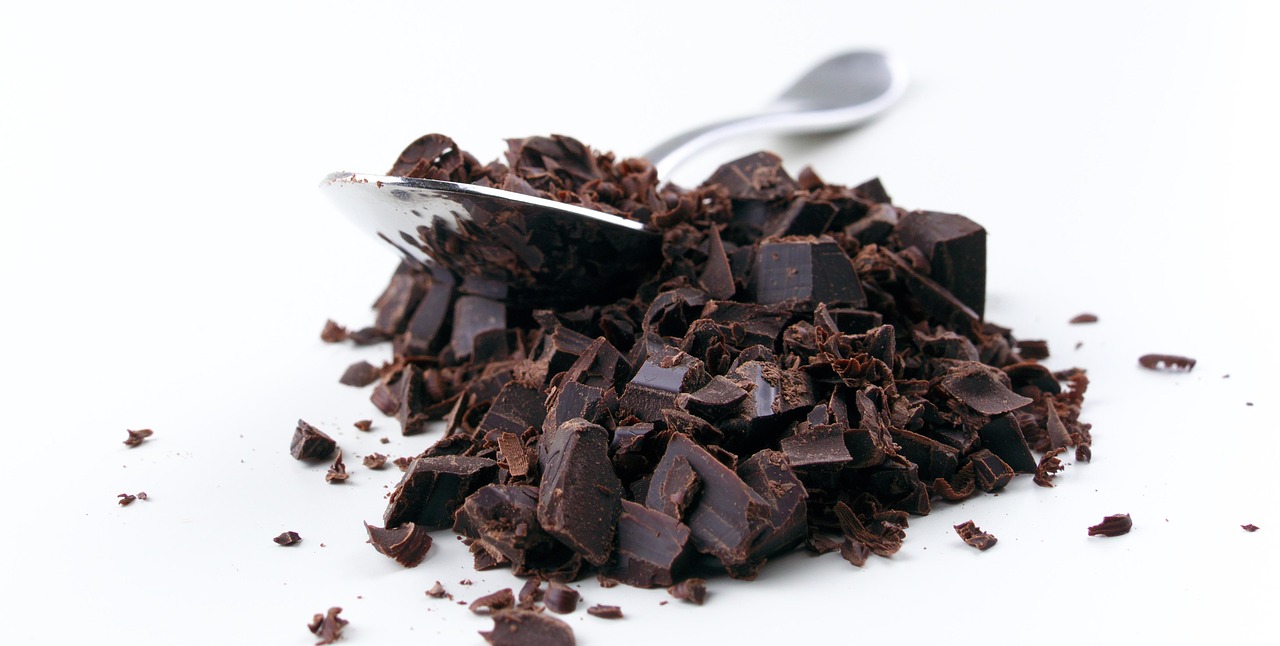
FDA Announces Class II Recall of Ice Cream Bars in 23 States Due to Listeria Threat
Before grabbing a frozen treat this summer, consumers are urged to check their freezers. The FDA has announced a widespread recall of popular ice cream snack bars distributed across more than 20 states, citing a potential health risk linked to a resilient foodborne bacterium.
The U.S. Food and Drug Administration (FDA) has classified the recall of several ice cream products from Florida-based Rich's Ice Cream as a Class II due to potential contamination with Listeria monocytogenes.
The recall, announced on July 17, follows the voluntary withdrawal of over 110,000 cases of ice cream bars that began on June 27, 2025.
Multiple varieties are affected, including Chocolate Crunch Cake Bars, Strawberry Shortcake Bars, Rich Bars, Crumbled Cookie Bars, Orange Cream Bars, Fudge Frenzy Bars, Cotton Candy Twirl Bars, Savagely Sour Blue Raspberry Bars, Savagely Sour Cherry Bars, and Cool Watermelon Bars.
The recalled items were distributed across 23 U.S. states: Florida, California, Pennsylvania, Ohio, Georgia, New York, New Jersey, Texas, Virginia, Arizona, Alabama, Wisconsin, Illinois, Missouri, Massachusetts, Tennessee, Iowa, South Carolina, Oregon, Oklahoma, Nevada, Louisiana, and Nebraska.
Additionally, products were sold in Nassau, the capital of the Bahamas. As of now, no illnesses have been linked to the recalled products. The FDA has listed the recall status as "ongoing."
According to the FDA, a Class II recall is "a situation in which use of, or exposure to, a violative product may cause temporary or medically reversible adverse health consequences, or where the probability of serious adverse health consequences is remote."
Listeria monocytogenes, the bacterium responsible for listeriosis, can survive in soil, water, sewage, and decaying vegetation, as well as in animals. The FDA notes that the pathogen "can survive and grow even under refrigeration."

The FDA logo is seen displayed on a smartphone screen, dated July 22, 2025 | Source: Getty Images
Symptoms of listeriosis depend on the form of the infection. The FDA states, "For the less severe, non-invasive listeriosis, mild symptoms such as fever, muscle aches, nausea, vomiting, and diarrhea may occur, and often persists for 1 to 3 days."
"For the more severe, life-threatening invasive form of the disease, symptoms may include headache, stiff neck, confusion, loss of balance, and convulsions," adds the agency. "Invasive listeriosis is a potentially life-threatening event, especially for newborns, adults over the age of 65, and those with weakened immune systems."
Consumers experiencing any symptoms associated with listeriosis are advised to contact a healthcare provider.
As the FDA continues to monitor the Rich's Ice Cream recall, it follows on the heels of earlier food safety actions. Two separate recalls affecting organic blueberries and chocolate products had already been issued, both posing serious health risks to consumers.
Alma Pak International LLC voluntarily recalled 400 boxes of organic blueberries after routine testing revealed contamination with Listeria monocytogenes. The Georgia-based company initiated the recall on June 9, with the FDA escalating it to Class I status on July 1, 2025.

A bunch of moist blueberries | Source: Pixabay
The Class I designation represents the most serious level of recall, indicating products that could cause "serious adverse health consequences or death." The contaminated blueberries were distributed to North Carolina, with each of the 400 recalled boxes weighing 30 pounds.
Consumers can identify affected products by lot numbers 13325 G1060 and 13325 G 1096. The company's voluntary recall demonstrates proactive safety measures, as these actions are company-initiated rather than FDA-mandated.

Blueberries placed in containers | Source: Pixabay
Typically, a recall is initiated by the FDA when there is evidence that products distributed to consumers pose a risk to public health and safety.
In contrast, a voluntary recall happens when manufacturers and distributors take the initiative to remove products from the market due to potential safety concerns, even if no legal violation has been confirmed.
According to the company's statement to Newsweek, "The affected product was fully recovered prior to reaching the retail market. As a result, no product was sold to consumers, and there was no risk to public health."
Furthermore, Alma Pak International stated they have implemented enhanced safety protocols following the detection of Listeria, including intensified environmental monitoring and additional testing procedures.

The lens of a microscope | Source: Pixabay
The company's proactive approach included working closely with the FDA, the Georgia Department of Agriculture, and independent food safety consultants to investigate the contamination source.
According to their statement, "All subsequent samples collected during this enhanced monitoring process tested negative for Listeria monocytogenes." They also shared that they were committed to upholding the highest level of food safety and maintaining their customers' trust.

A scientist holding a petri dish | Source: Pixabay
Listeria remains a serious concern for vulnerable populations, including pregnant women, elderly individuals, and those with compromised immune systems. The infection can cause symptoms ranging from fever and muscle aches to severe complications like meningitis.
Listeria poses particular risks due to its ability to survive and multiply in refrigerated environments, making it especially dangerous in cold-stored foods. According to the Mayo Clinic, Listeria can contaminate various food types, with soft cheeses and deli meats being common sources due to extended cold storage periods.

Food items in a refrigerator | Source: Pixabay
Meanwhile, Mellace Family Brands California, Inc. issued a separate recall for Wegmans Semi-Sweet Chocolate Nonpareils containing an undeclared milk allergen.
The Warren, Ohio-based company distributed the affected chocolate products across nine states, including Washington D.C., New York, Delaware, Massachusetts, Maryland, New Jersey, North Carolina, Pennsylvania, and Virginia.
The recalled chocolate comes in 18.5-ounce plastic tubs with UPC 0 77890 49787 6. Six lot codes are affected, with expiration dates ranging from December 2025 to April 2026: lots 55021, 55031, 55491, 55501, 56061, and 56071.

Chopped chocolate | Source: Pixabay
The contamination occurred due to a temporary malfunction in the supplier's manufacturing process, which allowed the presence of milk allergens to go unlabelled on the packaging.
For individuals with milk allergies, consuming these products could trigger reactions ranging from mild digestive upset to severe anaphylaxis, which can be fatal without prompt treatment.
According to Dr. Sebastian Lighvani, an allergist who spoke to Newsweek, "If you look at the incidence of anaphylaxis, it has skyrocketed in the last five, 10, 20 years. And in the U.S., there's like a 300 to 400 percent increase in the rates of anaphylaxis to foods."

A closeup of chocolate bars | Source: Pexels
Customers who purchased the affected chocolate should return the products to their place of purchase for full refunds. Wegmans customer service is available at 1-855-934-3663 from 8:00 AM to 8:00 PM EST. The company says that no illnesses have been reported in connection with this recall.
The information in this article is not intended or implied to be a substitute for professional medical advice, diagnosis or treatment. All content, including text, and images contained on ondoho.com, or available through ondoho.com is for general information purposes only. ondoho.com does not take responsibility for any action taken as a result of reading this article. Before undertaking any course of treatment please consult with your healthcare provider.
